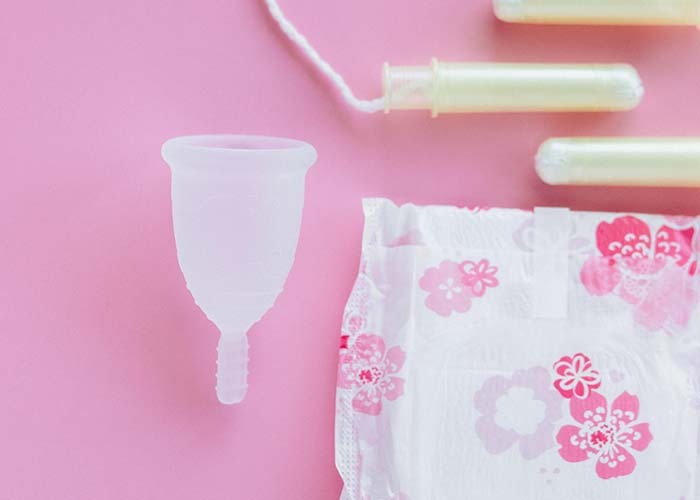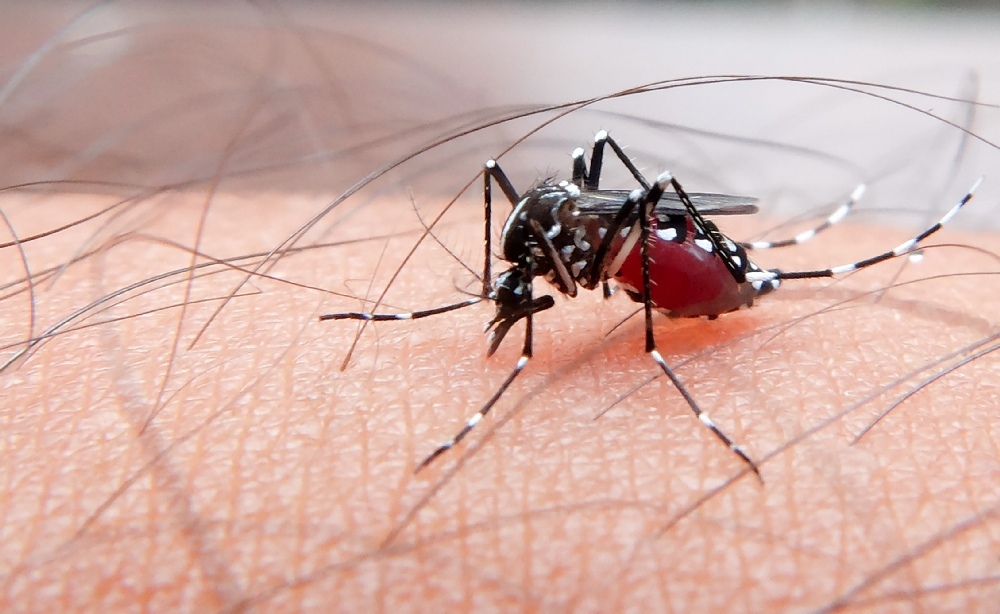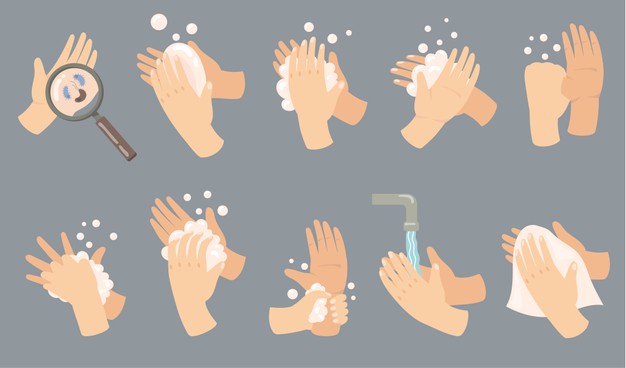Overview
Females have been using sanitary pads for decades during menstruation. Over time, there has been a development in these practices, which led to the evolution of sustainable alternatives. In this blog, we shall overview these options available to get started with pad-free periods.
Are Pads The Only Option?
Since sanitary pads have been used for a long time, people have this conception that they are the only way to deal with menstruation. Although, with improvements in medical sciences, numerous sanitary choices have emerged to fit this gap. Today, tampons, menstrual cups, period underwear, menstrual sea sponge, and menstrual discs have replaced the sanitary pad to a large extent. They have let women feel comfortable and experience the least bothering, pad-free periods.
What Are The Other Alternatives Available?
As mentioned earlier, let’s look at all options available in replacing conventional pads.
Tampons:
It is one of the most widely used sanitary products after pads. Due to their easy availability, the use of tampons is extensive. One needs to insert a tampon into the vagina, from where it absorbs period blood. Pull it out and dispose of it whenever you feel it’s complete. You can use a single tampon for up to 6 hours.
Menstrual Cups:
It is a small cup made of silicone folded and inserted into the vagina. You need to take it out and wash it after draining its contents. A menstrual cup collects blood from there for up to 12 hours. Ensure you sterile the cup in boiling water to prevent any contamination of germs before every use.
Period Underwear:
In recent days, period underwear is one of the most popular period visions. It is due to the added ease offered by it. One needs not wear any additional pads or tampons with it, which increases comfort. The only limitation is their high prices, making it fall out of affordability for many women.
Menstrual Sea Sponge:
It is pretty similar to tampons when it comes to the application. Usually, a menstrual sponge can soak blood for about 6-8 hours. You can insert it in any way you feel is right, and it comes in various sizes.
Menstrual Disc:
Menstrual disc is used similarly to a menstrual cup but is a disposable product. You need to insert it into the vagina, from where it absorbs blood for up to 12 hours. Unlike the cup, you need to dispose of it after every single use.
How Safe Are These Sanitary Products?
Sanitary pads are known to compose harmful chemicals in the plastic sheet fabricated to make it stain-free. On the other end, advanced sanitary products are free of toxins and chemicals. All of these are trusted and recommended by doctors. At times, the wrong usage of such objects can cause specific side effects, but the cases are very rare. Let us learn more about these consequences.
Pain & Minor Injuries:
The vagina is a sensitive organ, and inserting anything into there can be painful and sometimes cause injuries if handled carelessly. Ensure that you thoroughly go through the user manual before switching to any such alternatives.
Leakage:
It is the most recurring problem with any menstrual product. The use of tampons and menstrual cups can cause leakage if not used correctly. Menstrual cups are more likely to cause leakage if not fitted rightly or if they get full.
Rashes & Allergies:
Any product which comes into direct contact with skin can potentially cause allergies and rashes. It is often detected with the use of these sanitary products as well. Different manufacturers use dissimilar materials, and hence, they fit distinct people. That’s why someone uses the brand ‘X’, while the brand ‘Y’ may work better for others.
Urinal Issues:
Inserting an object into your vagina can upset your urethra, leading the bacteria to multiply. It can lead to bladder infections. To avoid such a situation, make sure you wash off the genitals frequently.
Vaginal Infections:
Although these evolved sanitary products have better compatibility in preventing infections than regular pads, they may still facilitate the growth of bacteria if not cleaned properly. Because menstrual blood gets collected or absorbed into these and gets exposed to the vagina for long intervals, you should ensure that you change them frequently. It will reduce the risks involved.
How Do They Contribute To A Greener Environment?

Switching to alternatives other than pads not only enhances your comfort, but also reduces the amount of period waste generated.
Sanitary napkins contribute a lot of period waste every year. If left untreated, it yields various environmental hazards. The plastic used to fabricate them, clogs the landfills and contaminates the soil. On the contrary, progressive sanitary products, especially menstrual cups and period underwear, significantly help reduce the period waste generated. Hence, by switching to pad-free period practice, you not only reward your health but also contribute to a more hygienic environment.
A Final Note
We found that the modern sanitary products available are better than traditional sanitary pads in various contexts. Not only being comfortable, but they also help keep the surroundings green. Having pad-free periods is no more a dream for any woman. According to your choices and preference, choose your menstrual sanitary wisely and take a step in contributing toward a greener planet.






